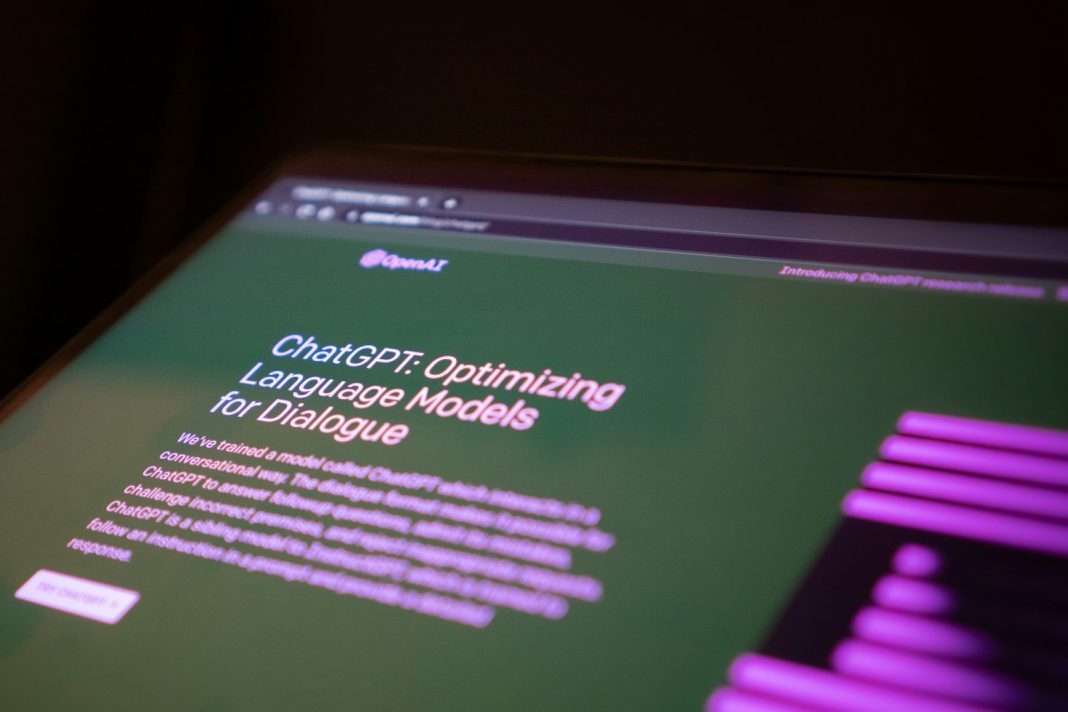In recent developments, concerns over the security of the widely used AI chatbot, ChatGPT, have surfaced, prompting users to re-evaluate their approach to online privacy and data protection. The issue came to light when a user, Chase Whiteside, noticed unusual activity within his chat history, sparking fears of a potential breach in the system’s security protocols.
Initially, suspicions arose that ChatGPT may have erroneously mixed up chat logs, potentially leaking sensitive personal information to unintended recipients. However, investigations conducted by OpenAI, the company behind ChatGPT, revealed a more troubling scenario. It was discovered that an unauthorized individual had gained access to Whiteside’s account, generating the unfamiliar entries under his username. This revelation underscored significant vulnerabilities in ChatGPT’s account security framework.
One glaring aspect of concern is the absence of robust security features commonly found in other online platforms. Unlike many websites or applications that employ measures such as two-step authentication or two-factor authentication (2FA), ChatGPT offers no such protections. These security measures, which involve additional layers of verification beyond just a password, serve as crucial deterrents against unauthorized access. Despite Whiteside’s assertion that his password was a complex combination of characters, it proved insufficient to thwart the determined intruder.
While Whiteside’s case may have been exacerbated by the reuse of login credentials across multiple accounts, the fundamental issue remains the susceptibility of ChatGPT to unauthorized access. Whether through brute force methods or exploiting shared credentials with other services, the breach highlights the importance of comprehensive security measures in safeguarding sensitive data.
In light of these security concerns, users are urged to take proactive steps to fortify their ChatGPT accounts against potential threats. While discontinuing usage altogether is an option for those prioritizing security above all else, it’s worth noting that ChatGPT typically does not require the disclosure of critical personal or financial information, reducing the incentives for malicious actors to target specific accounts.
For those opting to continue using ChatGPT, enhancing the security of their accounts becomes paramount. In the absence of advanced security features like 2FA, users are advised to adopt stringent password practices. Avoid using credentials associated with other accounts, particularly those linked to prominent services like Google or Microsoft, to mitigate the risk of widespread data compromise in the event of a breach. Instead, create dedicated credentials exclusively for ChatGPT, employing strong, unique passwords and periodically updating them to bolster resilience against potential attacks.
Furthermore, exercising discretion in the information shared during interactions with ChatGPT can help minimize the fallout from a security breach. Refrain from divulging sensitive personal data or identifiable information within chat prompts or queries to mitigate the potential impact of unauthorized access.
Vigilance remains key in detecting and responding to suspicious activity within ChatGPT accounts. Users are advised to regularly monitor their chat history for any unauthorized entries and promptly report such incidents to OpenAI’s official support channels. In the event of a suspected breach, immediate password changes are recommended to mitigate further risks to personal data.
As users navigate the evolving landscape of online security, the onus falls on both individuals and service providers to uphold the integrity of data protection measures. While the recent security lapse with ChatGPT serves as a sobering reminder of the inherent risks associated with digital interactions, proactive measures can empower users to navigate these challenges with greater confidence and resilience.
In conclusion, while the security shortcomings of ChatGPT underscore the need for heightened vigilance, informed user practices and ongoing dialogue with service providers are essential in fostering a safer digital environment for all.


